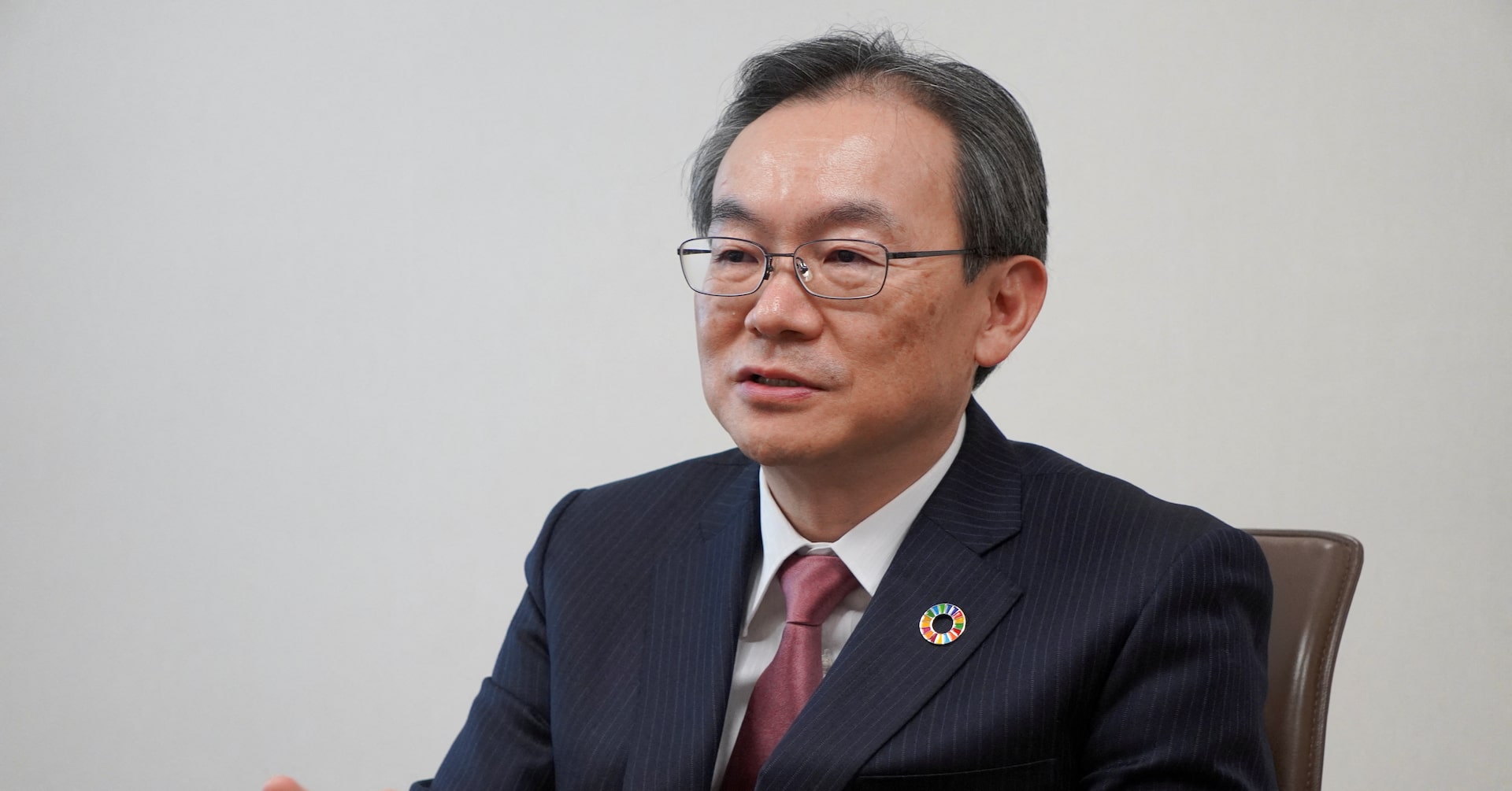Trade War Squeeze: Japanese Banks Unveil Lifeline for Struggling Businesses

In response to the economic challenges posed by U.S. President Donald Trump's tariff policies, Japanese banks may need to step up and provide critical financial support to help struggling businesses navigate these turbulent trade waters. Mitsuru Saito, the leader of Japan's banking association, highlighted the potential need for proactive financial intervention to assist companies adversely impacted by international trade tensions.
The potential support could involve restructuring loans, offering flexible financing options, and providing strategic guidance to help businesses adapt to the changing global economic landscape. As trade barriers continue to create uncertainty, Japanese financial institutions are recognizing their pivotal role in supporting domestic companies through these challenging economic conditions.
By offering comprehensive turnaround support, banks can help mitigate the economic strain caused by unexpected tariffs and trade restrictions, ultimately protecting Japan's economic resilience and the stability of its business ecosystem.
